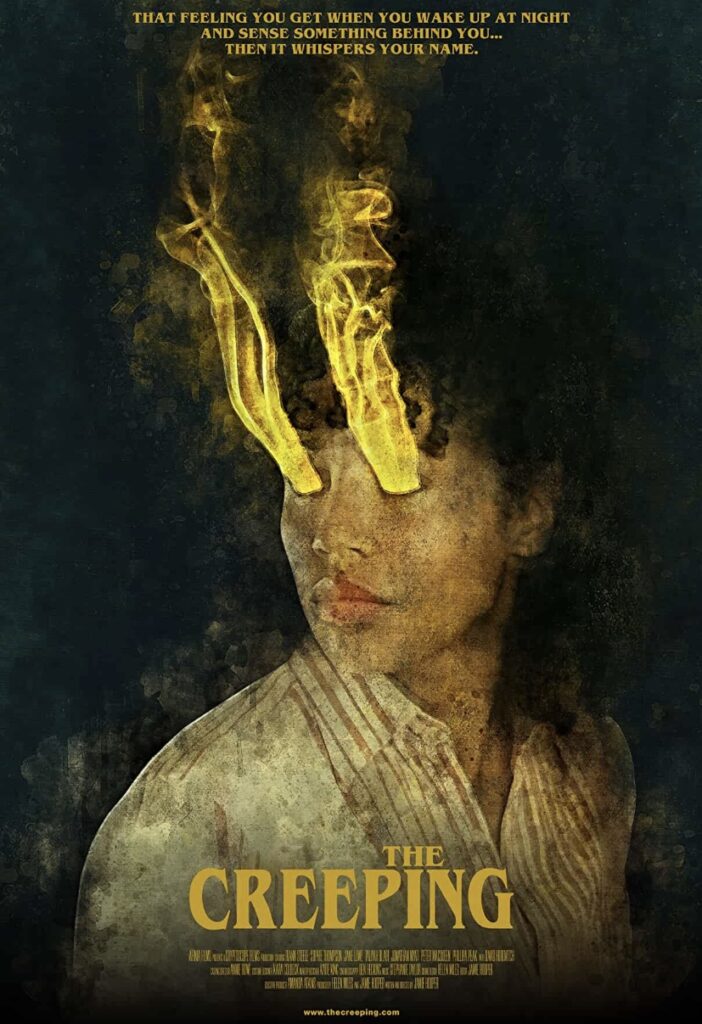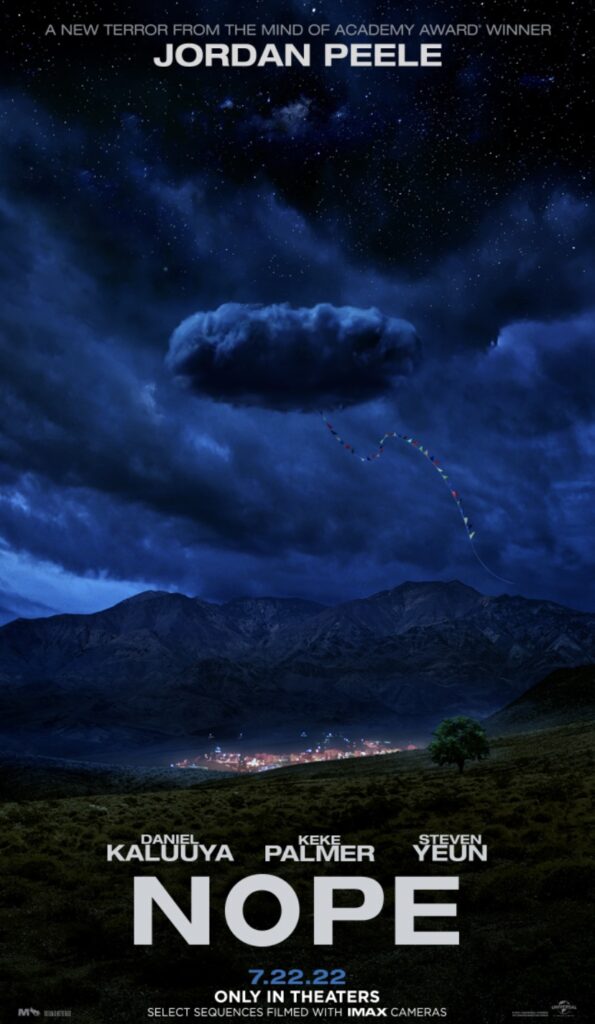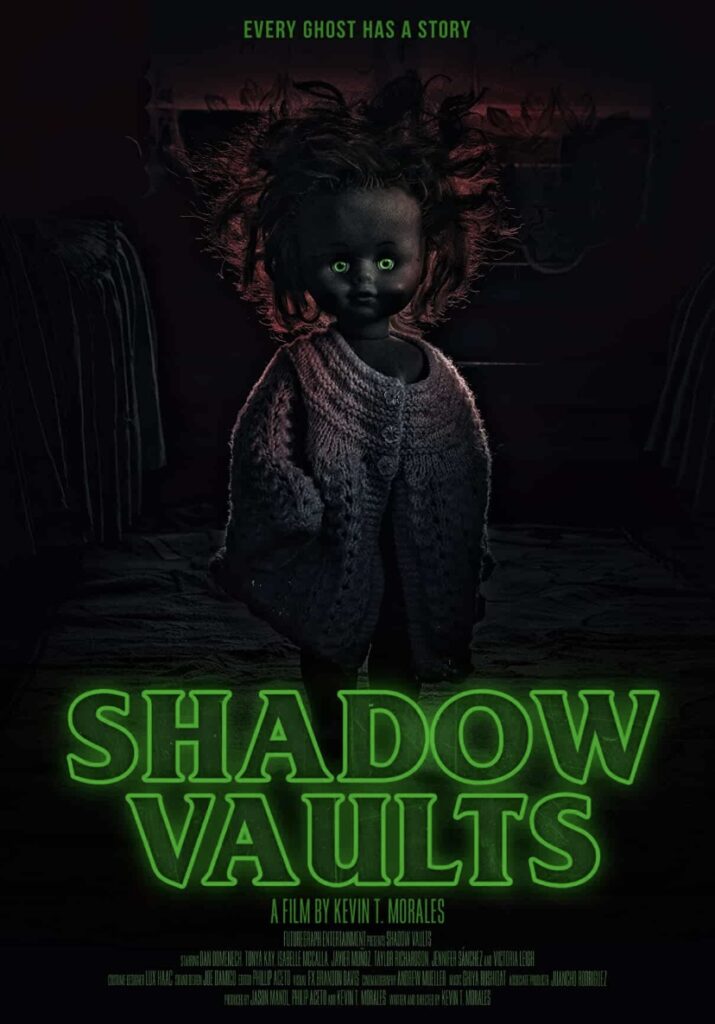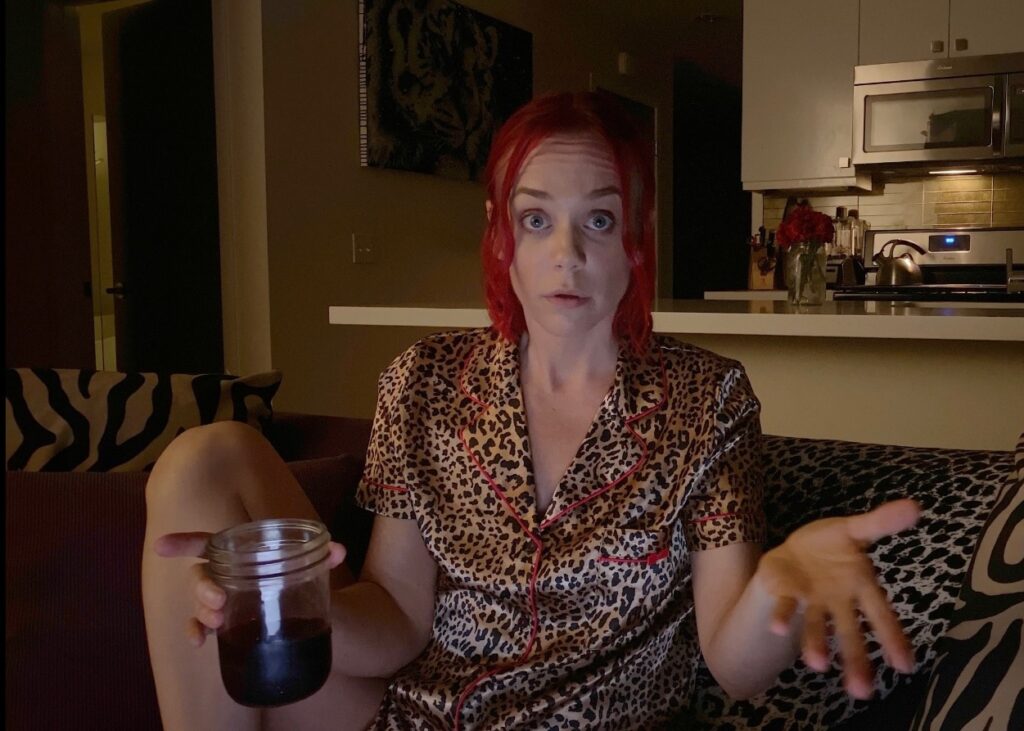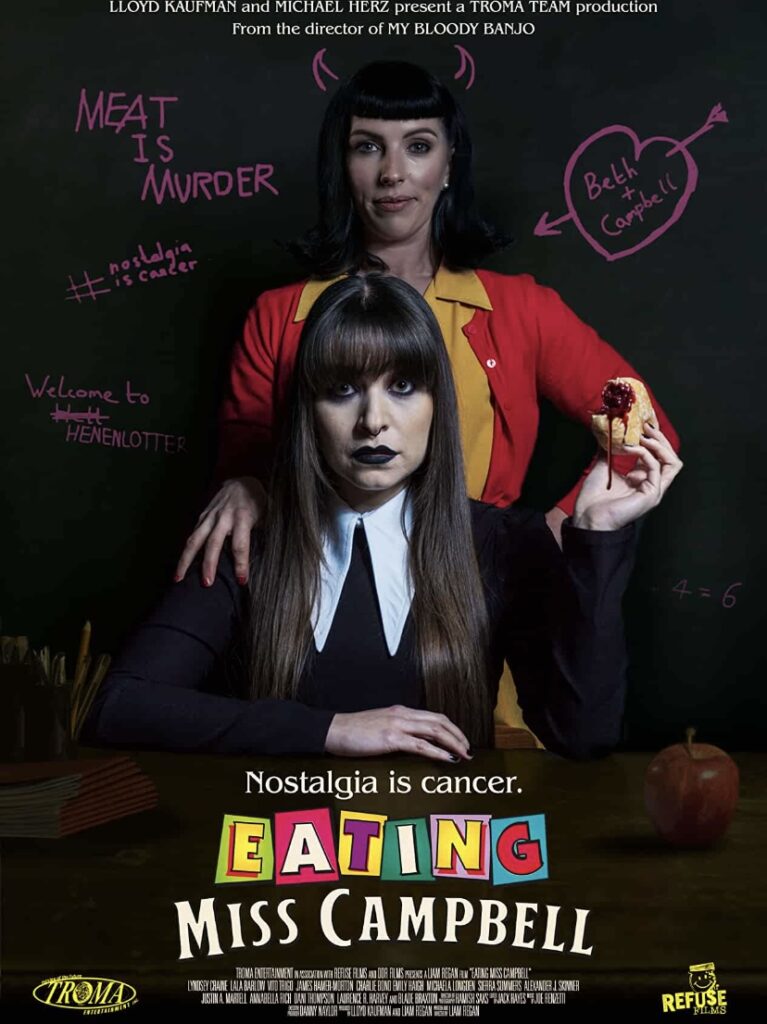
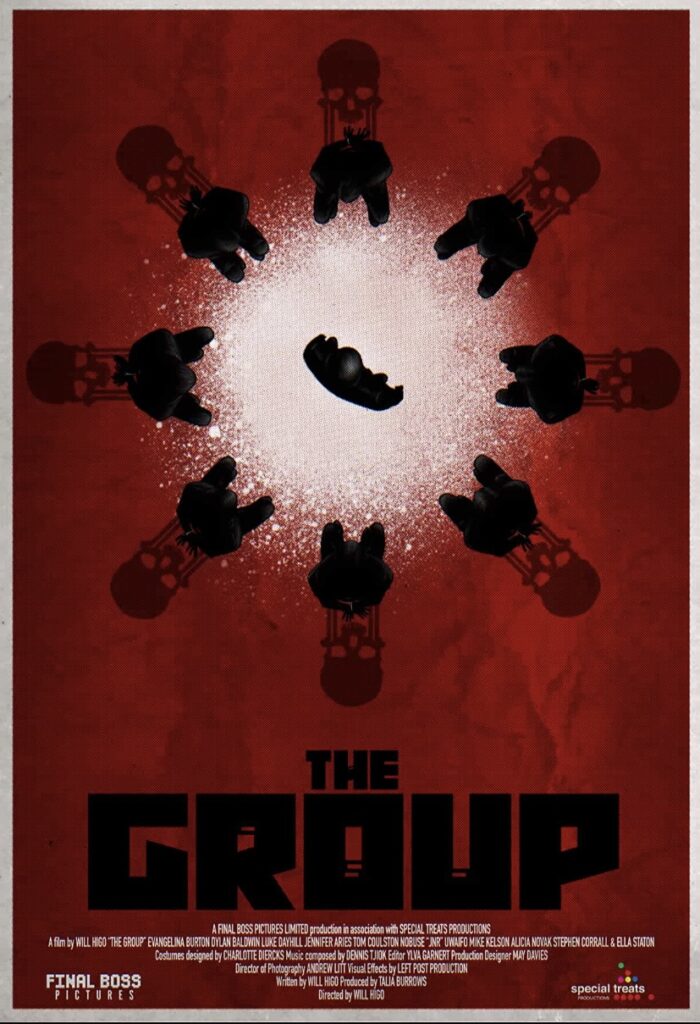
After a gunman holds a support group under siege, they must all confront their mysterious pasts to fight for survival.
Coming from the cinematically versed Will Higo is The Group, a claustrophobic, intense, and poignantly personal, cautionary tale encompassing the process of forgiveness, transformation, and most importantly deadly consequences. Higo, whose extensive credits include behind the scene work for The Crown (2016) and Spider-Man Homecoming (2017), as well as directing short films such as Nemesis (2010) and NSFL (2014), crafted The Group from the ground up, dedicated to showcasing a fast-paced, testing, and morally ambiguous feat.

What innately comes from indie filmmaking is a unique sense of creativity that utilises any natural constraints and molds them into key plot details that in the right hands can result in effective conclusions that push the film into unrepeatable and influential territories. The setting of The Group being an Addicts Anonymous meeting allows for an intimate narrative to unfold, and ultimately plunges a close-knit, character-defined story into the forefront. As the dynamic becomes more heated with the involvement of the gunman, they are urged to unravel their chaotic past, which is a task for anyone, but when those histories are rife with trauma and pain, a newfound need to escape both figuratively and emotionally comes into motion.

Blasting the vibrant roots of the story even further are the performances. The isolated boundaries that come from a one-room setting force the focus to immediately fall upon the characters and their actions. The pressurized situation acts like a boiling pot where the group waits on the edge of their seat for the torment as they decode and come to terms with their wrongdoings and misfortunes.

While all are important, the titular character of Kara (Evangelina Burton) takes the viewer’s hand in guiding them through one of the most chilling, and pulse-pounding 71 minutes of their lives. Burton’s portrayal of a person on the edge and at the point of defeat projects exactly what The Group is about. Burton positions the anger within as if the torturous meeting is just the tip of the iceberg for her. Alongside Burton is Dylan Baldwin who plays the ubiquitously sinister weapon-wielder, Jack. Baldwin encapsulates a dangerously threatening level of menace that really amps up the fear factor throughout, not at one point does his actions (that take control of the narrative direction) become predictable, making the experience even more action-packed.

The Group requires a tricky mix of personalities from different backgrounds whose varied experiences shaped their identity and why they are placed within the AA setting in the first place. As it stands, their anonymity to one another allows a shield to be cast around their individualised barriers, but when the situation turns ugly and Jack ups the stakes, the group’s commonplace differences come secondary to survival. Their dynamic changes from one of detachment to unity, in return pushing comfort away and instead spearheading vulnerability.

As with any horror that steps outside the box and infuses a delicate topic into the narrative, a keen urge to accommodate the fragile nature of the subject is made. Higo’s introduction of addiction into The Group does not aim to shy away from the harsh truths that are joined with such an illness. The chance to move on, apologise, and seek redemption is one that applies to everyone directly involved in that person’s path; the journey is rarely singular. The Group overtly holds it grip on the viewer through initiating a heightened level of violence and threat, whilst also under the surface permeating a dark level of trauma and personalised grief.
The Group dares to challenge. And more inadvertently, the film openly asks the audience what they would do in this situation on both ends of the firing line. Is Jack simply a man at the end of his tether, or are his actions redeemable? These are just some of the questions that Higo brazenly brings to the table, fleshing out the complexity of betrayal whilst still delivering impactful scares and memorable frights.
Check out the film and much more at this years festival, tickets here…


